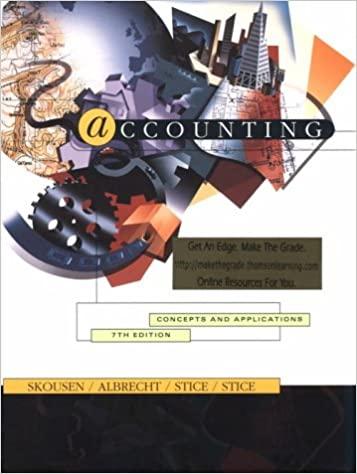


The following information relates to Home Depot, Inc., and Lowe's Companies, Inc. for their 2017 and 2016 fiscal years. HOME DEPOT, INC. Selected Financial Information (amounts in millions, except per share amounts) January 28, February 29, 2018 2017 Total current assets $ 18,933 $17,724 Merchandise inventory 12,748 12,549 Property and equipment, net of depreciation 22,075 21,914 Total assets 44,529 42,966 Total current liabilities 16,194 14,133 Total long-term liabilities 26,881 24,500 Total liabilities 43,075 38,633 Total shareholders' equity 1,454 4,333 Revenue 100,904 94,595 Cost of goods sold 66,548 62,282 Gross profit 34,356 32,313 14,681 13,427 Operating income Earnings from continuing operations before income tax expense 13,698 12,491 Income tax expense 5,068 4,534 Net earnings 8,630 7,957 Basic earnings per share $ 7.33 $ 6.47 LOWE'S COMPANIES, INC. Selected Financial Information (amounts in millions except per share data) February 2, February 3, 2018 2017 Total current assets $12,772 $12,000 Merchandise inventory 11,393 10,458 Property and equipment, net of depreciation 19,721 19,949 Total assets 35,291 34,408 Total current liabilities 12,096 11,974 Total long-term liabilities 17,322 16,000 Total liabilities 29,418 27,974 Total stockholders' equity 5,873 6,434 Revenues 68,619 65,017 Cost of goods sold 45,210 42,553 Gross profit 23,409 22,464 Operating income 6,586 5,846 Earnings from continuing operations before income taxes 5,489 5,201 Income tax expense 2,042 2,108 Net earnings 3,447 3,093 Basic earnings per share $ 4.09 $ 3.48 Required a. Compute the following ratios for the companies' 2017 fiscal years (years ending in January and February of 2018): (1) Current ratio. (2) Average days to sell inventory. (Use average inventory.) (3) Debt-to-assets ratio. (4) Return on investment. (Use average assets and use "earnings from continuing operations rather than net earnings.") (5) Gross margin percentage. (6) Asset turnover. (Use average assets.) (7) Return on sales. (Use earnings from continuing operations rather than net earnings.") (8) Plant assets to long-term debt ratio. b. Which company appears to be more profitable? Explain your answer and identify which ratio(s) from Requirement a you used to reach your conclusion. c. Which company appears to have the higher level of financial risk? Explain your answer and identify which ratio(s) from Requirement a you used to reach your conclusion. d. Which company appears to be charging higher prices for its goods? Explain your answer and identify which ratio(s) from Requirement a you used to reach your conclusion. e. Which company appears to be the more efficient at using its assets? Explain your answer and identify which ratio(s) from Requirement a you used to reach your conclusion









